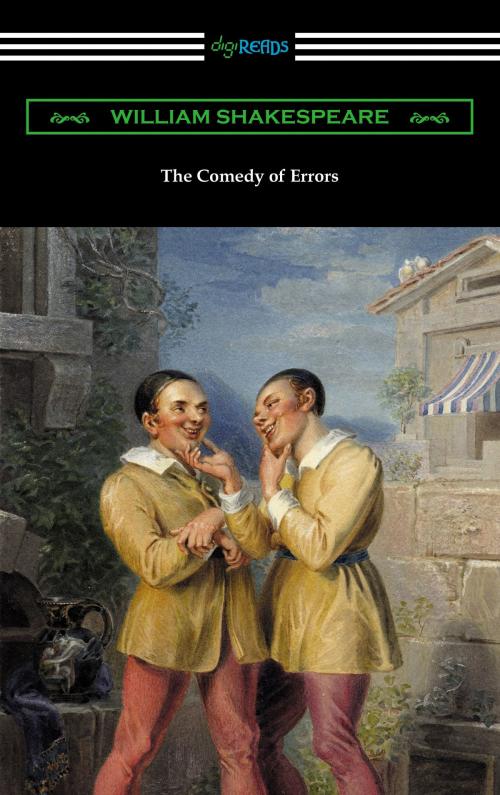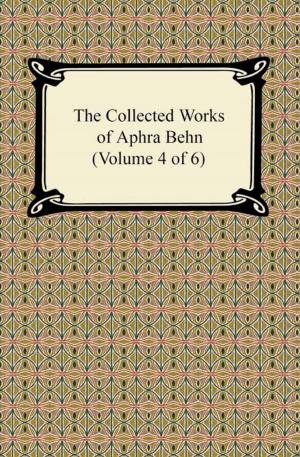The Comedy of Errors (Annotated by Henry N. Hudson with an Introduction by Charles Harold Herford)
Nonfiction, Entertainment, Drama, Shakespeare, Fiction & Literature| Author: | William Shakespeare | ISBN: | 9781420955569 |
| Publisher: | Neeland Media LLC | Publication: | May 31, 2017 |
| Imprint: | Digireads.com Publishing | Language: | English |
| Author: | William Shakespeare |
| ISBN: | 9781420955569 |
| Publisher: | Neeland Media LLC |
| Publication: | May 31, 2017 |
| Imprint: | Digireads.com Publishing |
| Language: | English |
One of William Shakespeare’s most farcical comedies, “The Comedy of Errors” is notable for its use of mistaken identity to achieve a slapstick comedic effect. Ripe with the bard’s characteristic word play, the comedy concerns the lives of two sets of identical twins that were accidentally separated shortly after their birth. The play begins by the elderly Syracusian trader Egeon relating the back story of his family. When Egeon was young he married Emilia who gave birth to two twin boys, known in the play as Antipholus of Ephesus and Antipholus of Syracuse. On the same day a poor woman also gave birth to two twin boys who were subsequently purchased as slaves by Egeon for his sons. During a sea voyage the family is besieged by a tempest and the two halves of the family, the mother with one son and slave, and the father with the other son and slave, are separated when they are rescued by two different boats. When Antipholus of Syracuse arrives in Ephesus with his slave Dromio, the two sets of twins have a series of chance encounters which results in a hilarious case of mistaken identity. One of Shakespeare’s shortest plays, “The Comedy of Errors” exhibits the bard at his comedic best. This edition includes a preface and annotations by Henry N. Hudson, an introduction by Charles Harold Herford, and a biographical afterword.
One of William Shakespeare’s most farcical comedies, “The Comedy of Errors” is notable for its use of mistaken identity to achieve a slapstick comedic effect. Ripe with the bard’s characteristic word play, the comedy concerns the lives of two sets of identical twins that were accidentally separated shortly after their birth. The play begins by the elderly Syracusian trader Egeon relating the back story of his family. When Egeon was young he married Emilia who gave birth to two twin boys, known in the play as Antipholus of Ephesus and Antipholus of Syracuse. On the same day a poor woman also gave birth to two twin boys who were subsequently purchased as slaves by Egeon for his sons. During a sea voyage the family is besieged by a tempest and the two halves of the family, the mother with one son and slave, and the father with the other son and slave, are separated when they are rescued by two different boats. When Antipholus of Syracuse arrives in Ephesus with his slave Dromio, the two sets of twins have a series of chance encounters which results in a hilarious case of mistaken identity. One of Shakespeare’s shortest plays, “The Comedy of Errors” exhibits the bard at his comedic best. This edition includes a preface and annotations by Henry N. Hudson, an introduction by Charles Harold Herford, and a biographical afterword.















